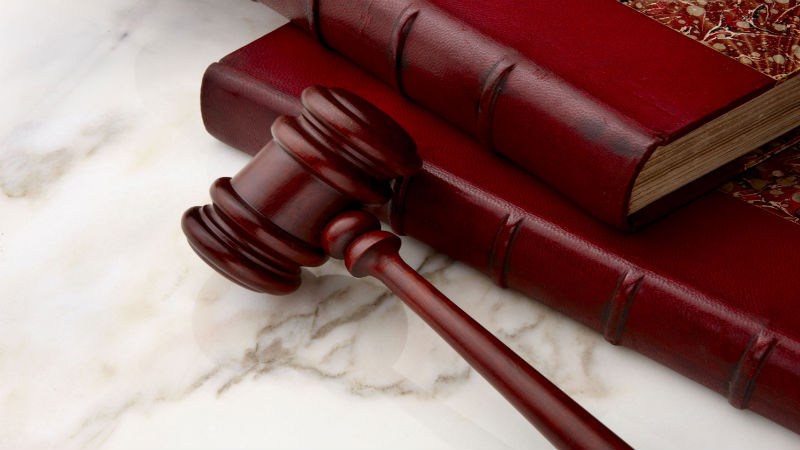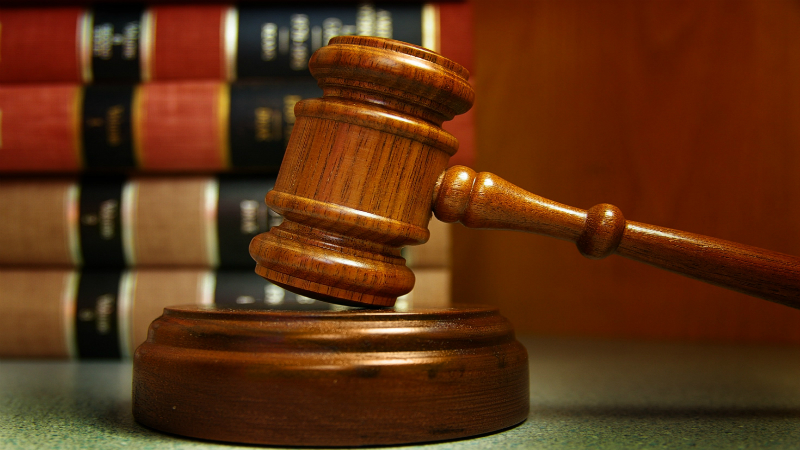In the recent economic downturn, increased prices on every day supplies and lower income levels have put many people, who were already struggling financially, in even more debt. Living pay check to pay check is a way of life for many individuals. Unfortunately when the unexpected occurs, a job loss or medical emergency, many may find themselves unable to continue making payments on their debts. Loss of income, decreased wages and other factors can all contribute to a financial disaster. When choosing between food and paying unsecured debt, it is not hard to understand where the person may spend their money. When debts are not paid, creditors have the right to collect on what is owed to them. Collection calls, property liens, garnishments and lawsuits are all just a few of the ways a creditor may attempt to recoup their money. For those who simply cannot afford to pay the debts, Aurora Bankruptcy is an option.
Bankruptcy allows individuals or businesses to have their debts completely forgiven if they cannot afford to pay them or allow them to make structured payments to their creditors. The Bankruptcy Reform Act, also known as the Bankruptcy Code, consists of 15 chapters. The most commonly filed chapters for individuals are Chapter 7 and Chapter 13. Chapter 7 is a complete elimination of all debts and liquidation of non exempted assets. A bankruptcy trustees will then oversee the liquidation of those assets and send the collected revenue to the creditors. If the debtor has no assets worth selling, the creditors receive nothing and the debts are forgiven.
When filing for an Aurora Bankruptcy, a debtor may choose to file Chapter 13. Chapter 13 is essentially a court appointed debt repayment plan. Unlike Chapter 7, Chapter 13 allows debtors to keep their assets and make structured payments. The payments are made over a period of three to five years with payments going directly to the bankruptcy trustee and then dispersed to the creditors. Once the repayment period has ended, the are debts are forgiven even if there are remaining balances. Anyone considering filing for bankruptcy should consider consulting an attorney. It is important that all required documents are properly filed and that all debts are listed. Ledford & Wu can help those considering bankruptcy to determine which chapter to file and what items can be included in a bankruptcy.







